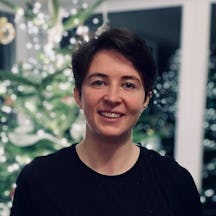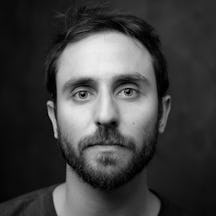During her schooldays, Ella Braidwood felt uncomfortable hearing gay jokes and homophobic comments, and internalised that shame. As an adult, exploring the LGBTQ+-friendly cultural and comedy scene, she found that humour now engendered new feelings. The jokes were funny and relatable, and she finally felt included.
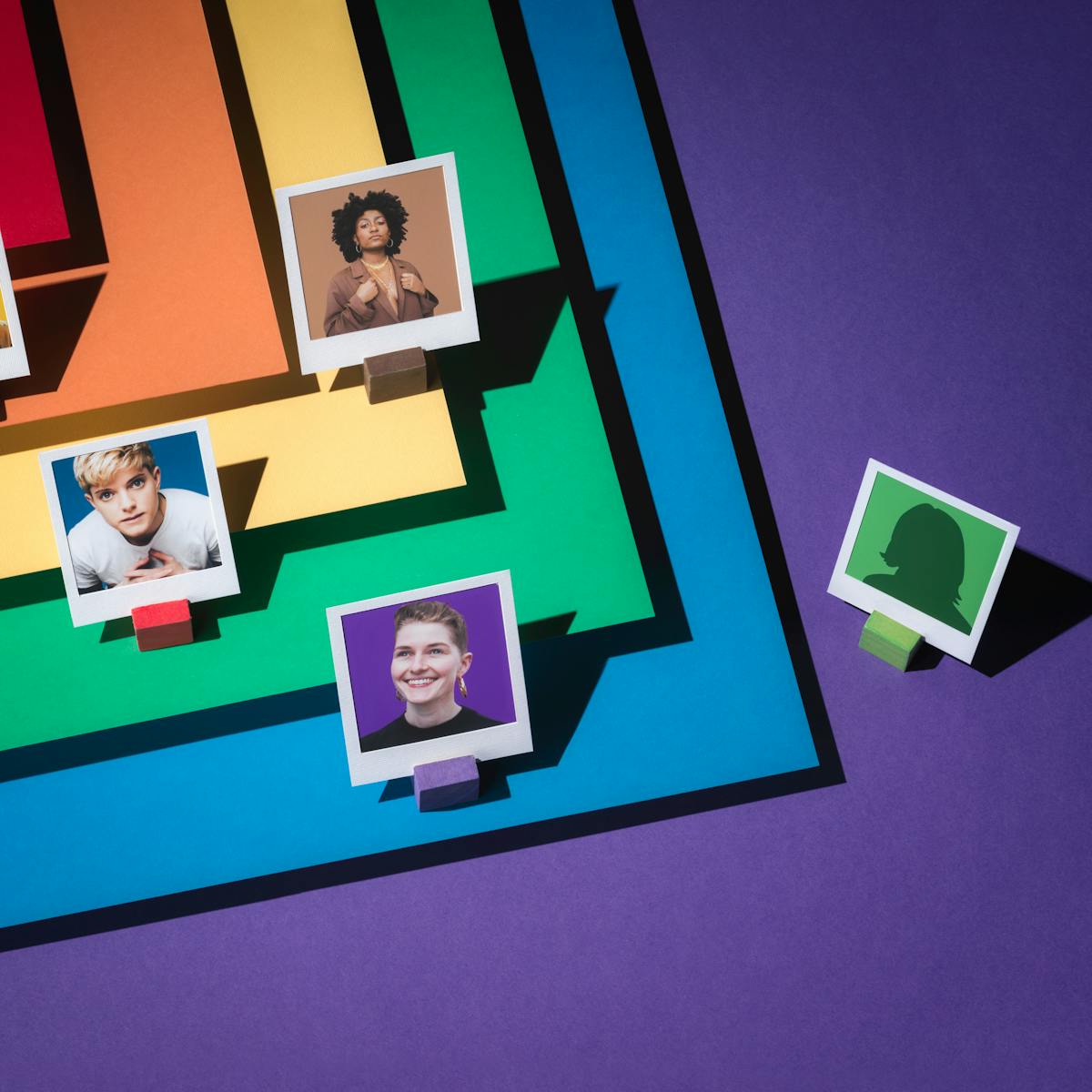
I knew from an early age that being gay was thought of as wrong where I grew up in Cumbria, North-west England. It was as ingrained as the perpetually rainy weather. There are moments I can pick out: the dad of a childhood friend joking that a boy at school might be gay because of the way he walked (“‘mincing”, he called it). Or some of the girls at secondary school treating our PE teacher like a predatory monster because she was a lesbian.
Without any education on LGBTQ+ rights, I was no better myself. At the age of ten, I remember calling my then best friend, now a proud gay man, “gay” as we walked down the school hill. His mum challenged me, asking if I knew what that word even meant. I didn’t. I just thought of it as a comedic device, a punchline-cum-insult.
Around the age of 13, I realised that I might be gay. Quickly I sank into a five-year-long depression. I began to associate comedy with feeling uncomfortable. I feared the jokes I would hear at school, or at meals with family friends. I loved sitcoms like ‘Friends’, but would sit tensely whenever same-sex couple Carol and Susan were mentioned, usually the cue for a raft of lesbian jokes.
I felt hampered by an interminable shame, a concept that author Matthew Todd dedicates an entire chapter to in his book, ‘Straight Jacket’. “Being gay, though, means we have, almost invariably, been shamed growing up,” he writes. “This is the key.”
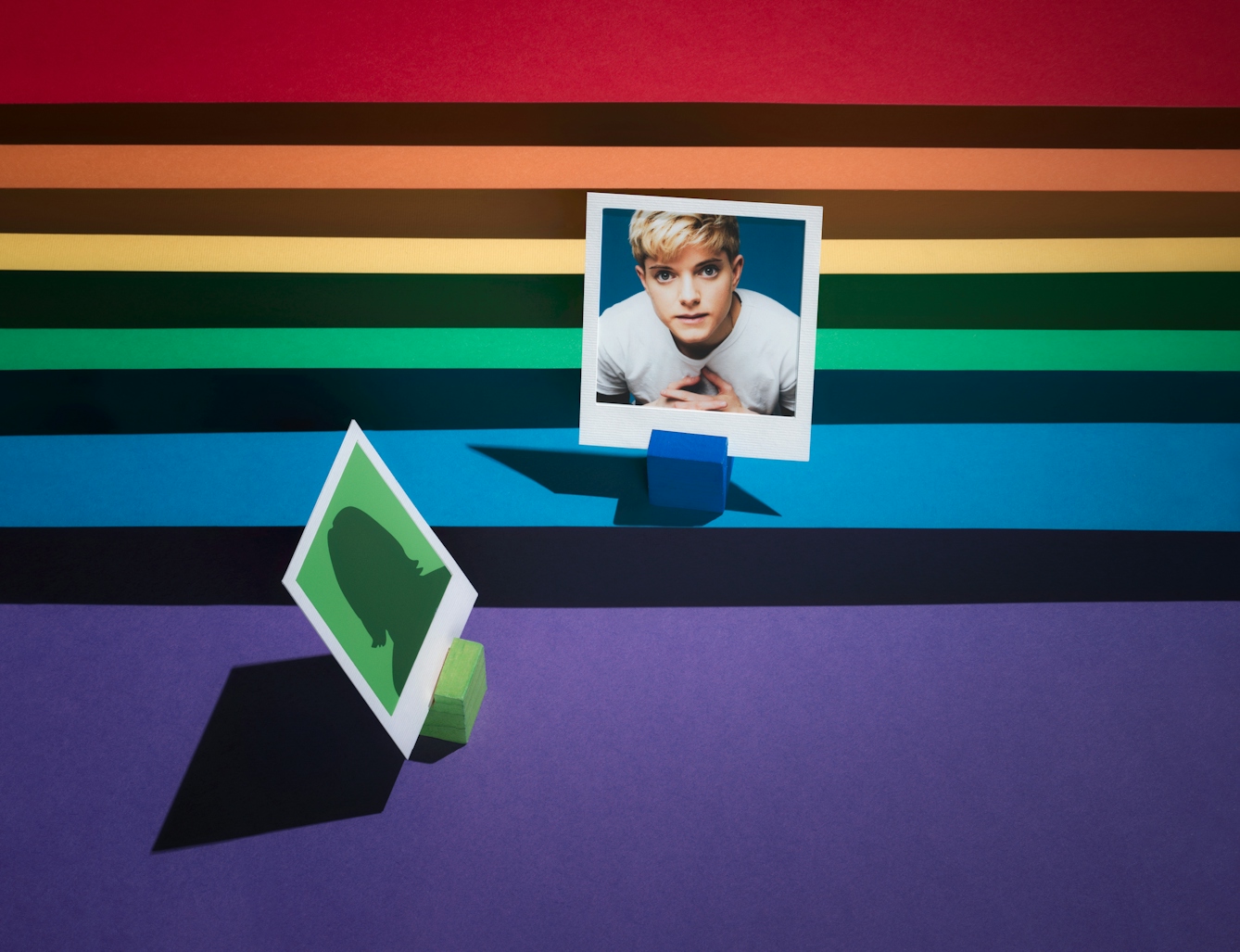
“I rediscovered comedy watching LGBTQ+ comics including Mae Martin, whose 2017 show ‘Dope’ saw her speak about dating other women in a way that was extremely normalising.”
In the end, I came out in an argument with my mum. I was 18 and by this point had a secret girlfriend. Mum, who now welcomes my sexuality, demanded to know why she was around so much. I cracked. It was an angry, tearful response, but I don’t think I could have done it any other way. A few days later, I moved to London for university.
A sense of belonging
In the capital, I didn’t dive straight into the gay scene. I came out to my new friends gradually. I think, for a while, I continued to harbour that sense of shame around my sexuality. But, with time, my desire to explore London’s LGBTQ+ scene piled up until I was like a child excitedly waiting to rip open her presents on Christmas morning.
I threw myself into the sweaty queer clubs of Soho and Dalston, where the entertainment comprised some of the capital’s best LGBTQ+ cultural offering. I devoured drag and burlesque inside the glitter-laden coves of London’s streets: a vibrant, sprawling supernova of diversity.
Through this, I rediscovered comedy. I started watching LGBTQ+ comics, mostly at Soho Theatre. These included Mae Martin, whose 2017 show ‘Dope’ (now the basis for the Channel 4 comedy-drama ‘Feel Good’) saw her speak about dating other women in a way that was extremely normalising. There was also Tom Allen, joking candidly about his experiences as a gay teen, and Cassie Workman, who deployed dry humour to illustrate the horrific abuse she receives as a trans woman.
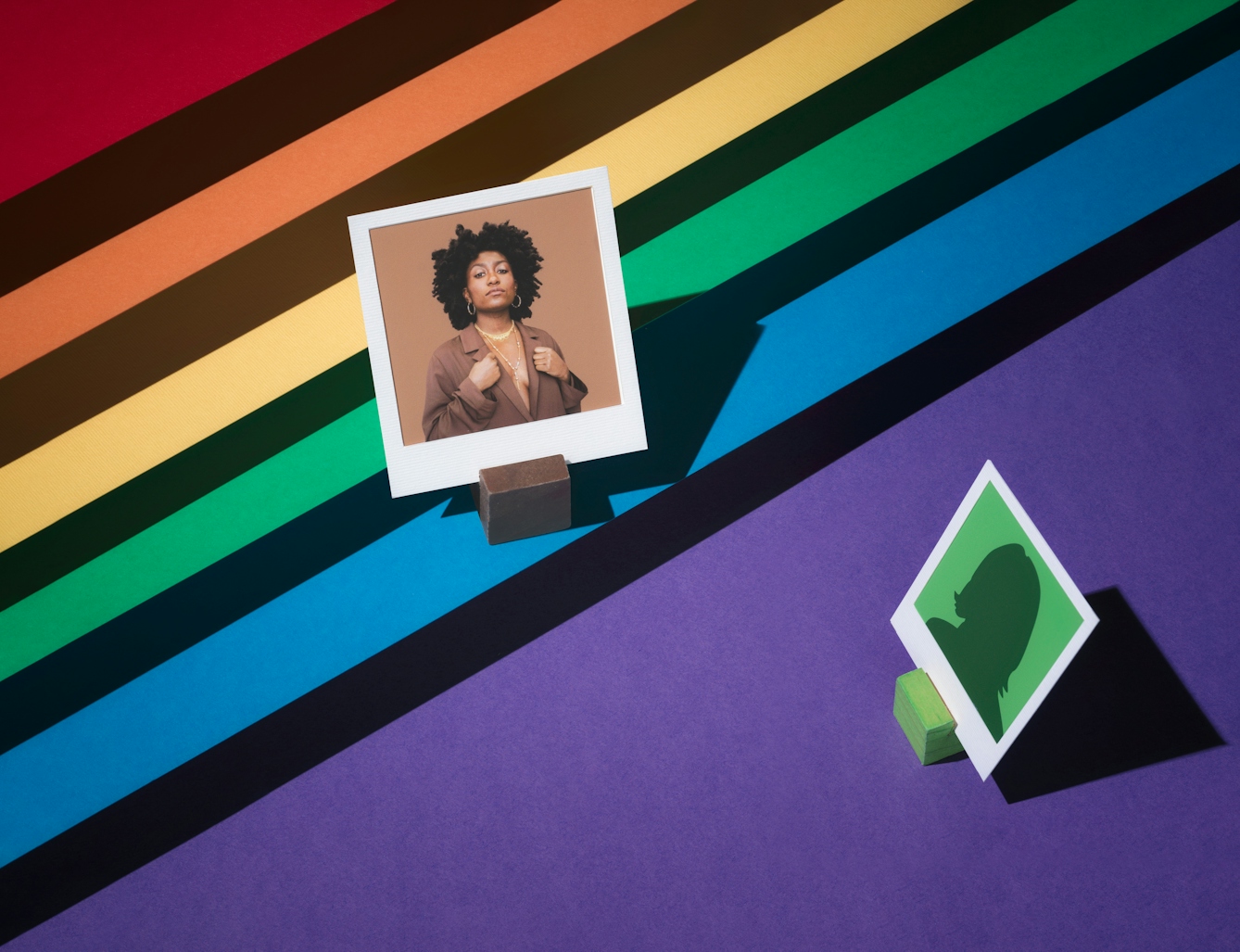
“Duker came out to her mum during a comedy set at UK Black Pride. 'It’s like a literal gift that comedy gave me: the words and power to do something that was incredibly difficult' she says.”
My desire to explore London's LGBTQ+ scene piled up until I was like a child excitedly waiting to rip open her presents on Christmas morning.
I found that comedy enthused me. This time I didn’t want the world to swallow me up, wincing as some self-entitled guy orchestrated laughter at the expense of my sexuality. Hearing other LGBTQ+ people discussing their similar past experiences was humanising. I watched skits on gay jokes, bad reactions from family members and getting asked inappropriate questions, emboldened by the feeling that I wasn’t alone.
This inclusive comedy scene has given me a sense of belonging, echoed by the performers themselves. When I call comedian Sophie Duker, who hosts queer-friendly night Wacky Racists, she explains how her involvement has brought joy to her life.
“It felt magical to be able to start having little pockets of familiarity and siblinghood within work,” she says. “And to be able to make references that gay people got, because it completely transforms the kind of audience that you perform to when you make your space more welcoming.”
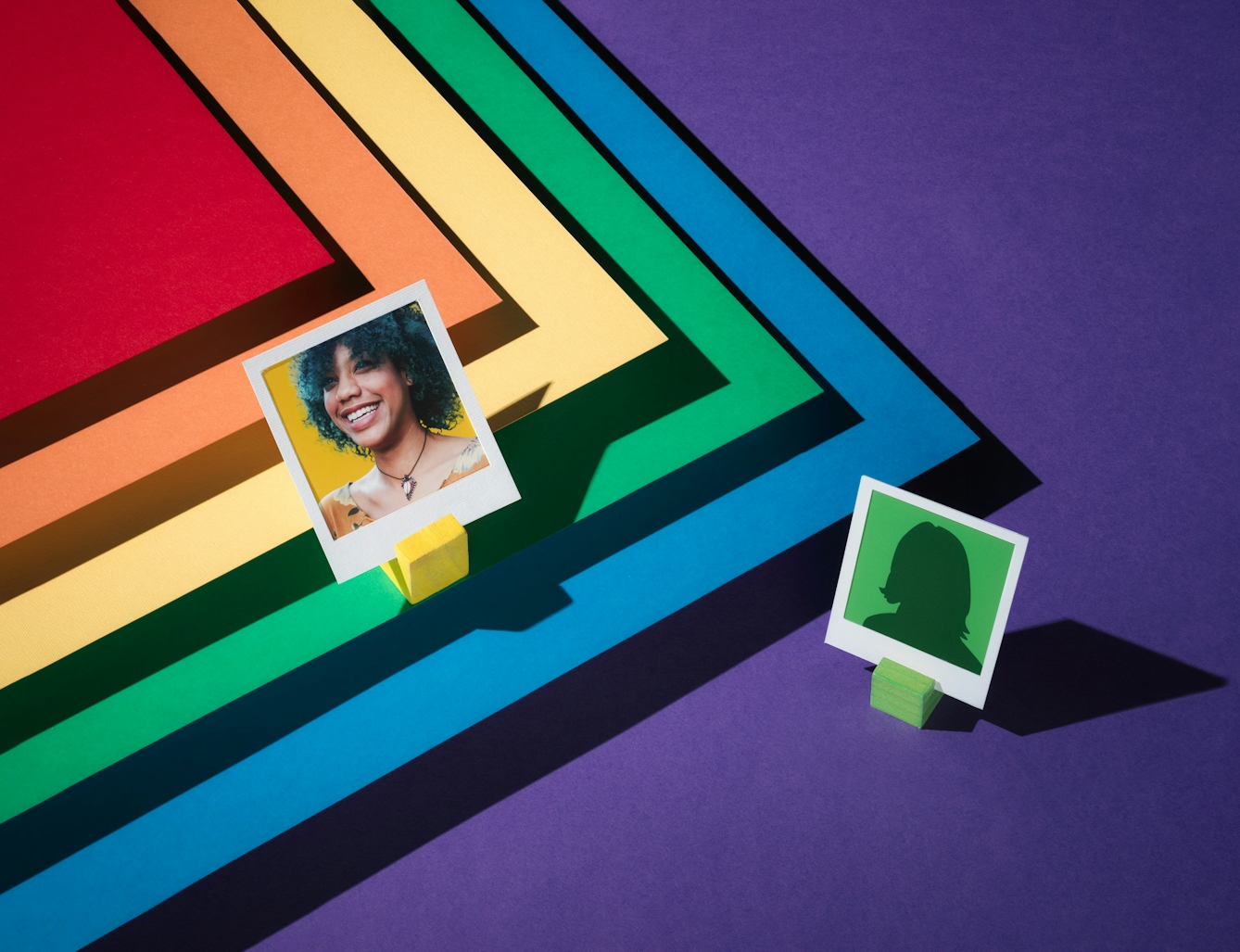
“Other groups across the capital include comedian Kemah Bob’s Femmes of Colour Comedy Club (FOC It Up), which provides a space for women, non-binary and trans women of colour.”
In her most recent show, ‘Venus’, Duker uses wit to underpin serious messages surrounding racism, sexuality and gender. “I enjoy being powerful on stage, and I enjoy representing something about being queer or being black or being a young person in the hellscape that is 2020,” she says.
“While it’s informed hugely by these big discussions – whether it’s the legacy of slavery or violence or being left out of things – it is [also] hugely fun and dynamic.”
Heartwarmingly, Duker came out to her mum during a comedy set at UK Black Pride. "It’s like a literal gift that comedy gave me: the words and power to do something that was incredibly difficult," she says. "I think, whatever your identity is, that’s something that comedy can do.”
Feeling free to be yourself
Other LGBTQ+ or LGBTQ+-friendly groups across the capital include comedian Kemah Bob’s Femmes of Colour Comedy Club (FOC It Up), which provides a space for women, non-binary and trans women of colour, and The LOL Word, a female and non-binary collective that has sold out shows at Edinburgh Fringe, Vault Festival, and Soho Theatre.
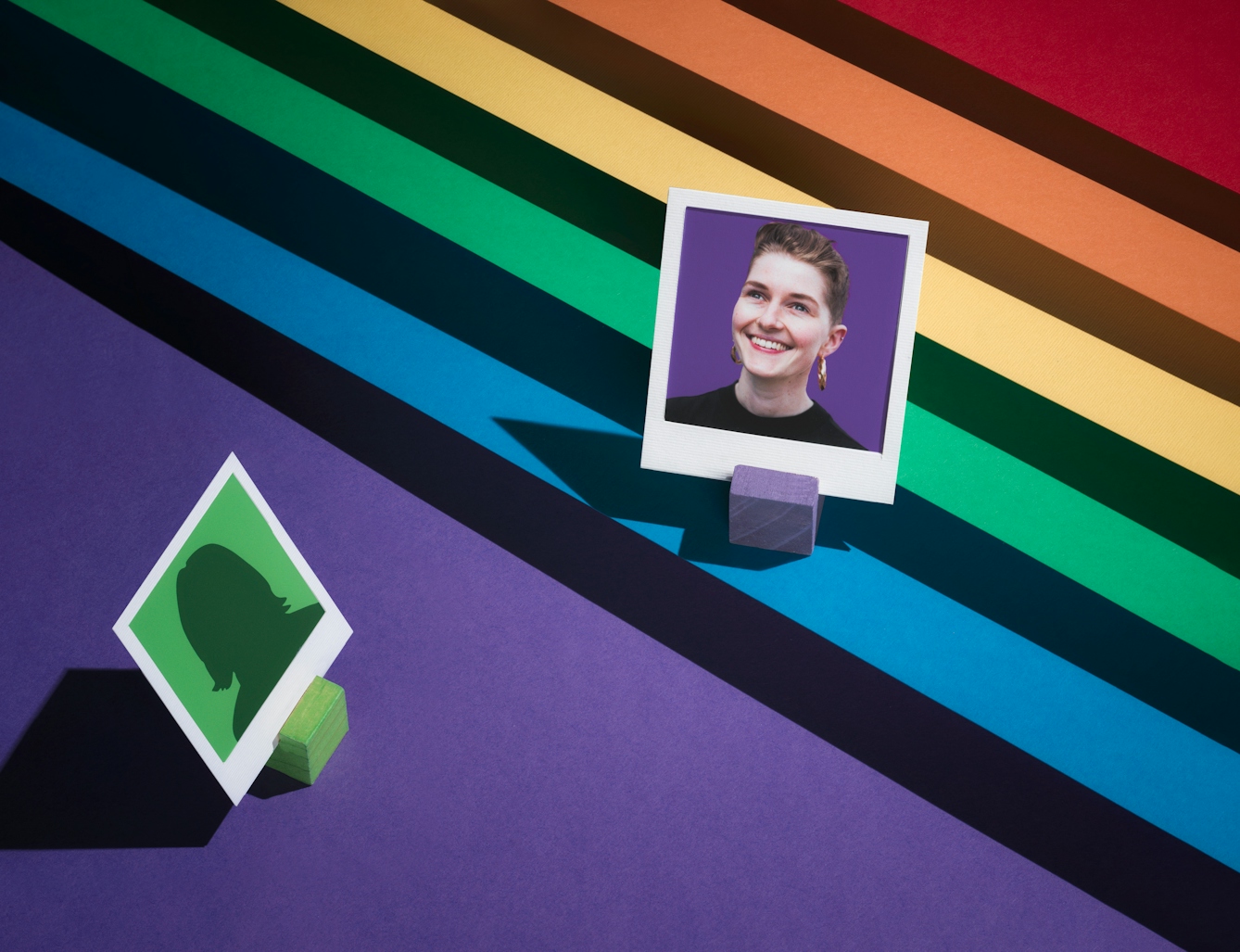
“Chloe Green explains, 'I think you connect with people who are queer by talking about queer stuff and by having a strong, queer audience.’”
For co-founder Chloe Green, the collective has fulfilled her personally, having come out as a lesbian in her mid-twenties. “Now, being able to say: ‘This is who I am, I feel really confident and I want to be visible,’ is really empowering for me,” she explains.
“I also think you connect with people who are queer by talking about queer stuff, by having a strong, queer audience and night and theme to our shows, as we do for LOL Word. It's just a beautiful thing to be able to relate to people, especially because the other members have had a really different journey of queerness to me.”
LGBTQ+ comedy is much more than just jokes on a stage. It’s about being part of something bigger: a place where you feel free to be yourself, surrounded by this joyous sense of togetherness. I spent so many years repressing the person that I wanted to be, and that was partly because my sexuality was the constant butt of the joke. Too often, mainstream comedy left me feeling ashamed of who I was as a teenager.
This scene, though, does the opposite of that, and also illuminates the great patchwork of LGBTQ+ stories, many of which are very different from my own. Watching shows with such relatable content, from coming out to queer online dating, floods me with hope and happiness. Plus, they make me laugh. They make me laugh a lot.
About the contributors
Ella Braidwood
Ella Braidwood is a freelance journalist specialising in the LGBTQ+ community, culture and human rights. Her words have appeared in the Guardian, the Independent, Time Out and more.
Thomas S G Farnetti
Thomas is a London-based photographer working for Wellcome. He thrives when collaborating on projects and visual stories. He hails from Italy via the North East of England.
